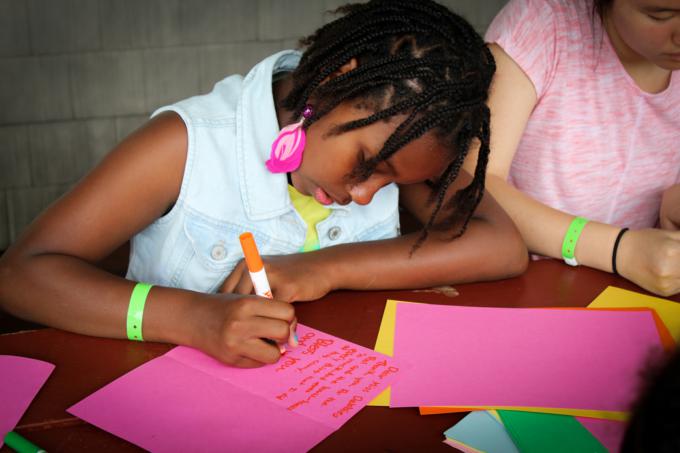
Culture
Our clinicians provide a safety net to the families, who know that regardless of life's circumstances and whether or not children return to school this year, they have a consistent, safe and trusted individual who will support them through all of life's challenges.
As the COVID-19 pandemic continues, we are all faced with uncertainty, confusion, and changes to our daily routines. For the most vulnerable members of our communities, this pandemic brings added stress and fear. At a time when we may not be able to see them face-to-face, the clinicians of Catholic Charities of the Archdiocese of Boston are committed to continue serving the children, adults, and families in our counseling program located throughout Greater Boston.
I am privileged to serve as the clinical director of the Family Counseling and Guidance Center, the mental health clinic of CCAB, where we provide behavioral health services to more than 600 adults and children ages three and up. Services include individual therapy, couples therapy, family therapy, and group work to support those with a wide variety of mental health concerns, including complex trauma, mood disorders, anxiety disorders, developmental delays and substance use disorders. The Family Counseling and Guidance Center accepts clients regardless of their ability to pay for services, recognizing that it is this vulnerable population specifically that our mission aims to serve.
As the world adapts to the "new normal," so, too, does our counseling program. In the wake of the current stay-at-home recommendation, overnight we transitioned to providing telehealth services exclusively. Telehealth services include telephonic and video modes of communication, which can feel foreign for both the clinician and the client who are used to meeting in person.
We have quickly adapted to our current telehealth format, but the shift has not come without its own set of challenges for clients. Lack of access to necessary technology, unsafe living situations, privacy concerns, and the loss of human connection, are among the reported roadblocks that hinder the success of telehealth services. It can be challenging to find ways to meet with young children virtually, given their developmental levels. To best support the children and adolescents in our program and reduce any potential long-term effects of this crisis, clinicians are working with the parents to reinforce an environment of safety, which grows from routine, structure, and consistency. Research has shown that social, familial, and professional supports are protective factors that mitigate long-term effects of traumatic experiences. Our clinicians provide a safety net to the families, who know that regardless of life's circumstances and whether or not children return to school this year, they have a consistent, safe and trusted individual who will support them through all of life's challenges.
Despite this being uncharted territory for most clinicians, we are familiar with adapting to a variety of needs of clients, as each person presents with their own story and set of goals for treatment. Every single day, our clinicians bear witness to others' trauma and assist in improving the quality of their clients' lives. The unique nature of this work requires resiliency under normal working conditions. Now, consider there is no office to leave your worries behind, there are no colleagues nearby to consult when a client is in crisis, and there certainly is not time to ease up on the workload.
I am proud to report that more than 80 percent of our current clients have adopted the new telehealth model to continue their services with us throughout this pandemic. For our high-risk clients, we continue to offer 24-hour emergency response coverage by a licensed mental health professional and coordinate with care teams throughout the region.
These are challenging times for everyone, and the continuity of care for our clients in need is of utmost importance. If you are interested in making a donation or learning more about our services, please visit www.ccab.org, or reach out to me at Callie_Armstrong@ccab.org.
CALLIE ARMSTRONG, LICSW, IS CLINICAL DIRECTOR OF THE FAMILY COUNSELING AND GUIDANCE CENTER, THE MENTAL HEALTH CLINIC OF CATHOLIC CHARITIES OF THE ARCHDIOCESE OF BOSTON.
Recent articles in the Culture & Events section
-
'Dignitas' and the mediaRussell Shaw
-
Scripture Reflection for April 14, 2024, Third Sunday of EasterDeacon Greg Kandra
-
St. Helena's House is established in the South EndThomas Lester
-
Is this synodality?Russell Shaw
-
Poking the hornet's nest of IVFFather Tadeusz Pacholczyk


















